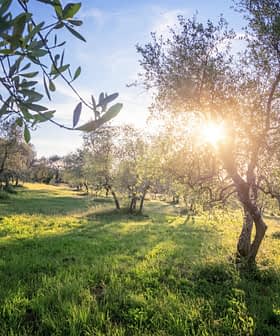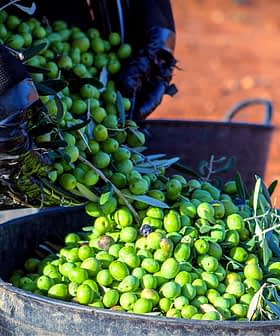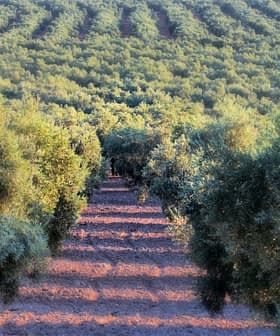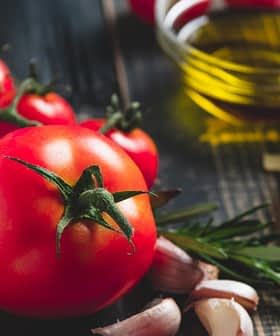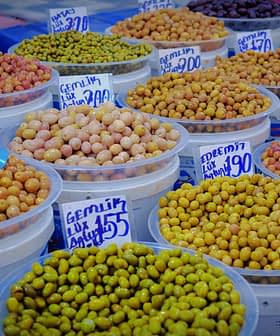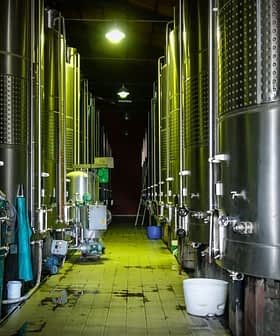The Role of Gulls in Spreading Olive Seeds Across Balearic Islands
Gulls contributed to the long-distance spread of local olive seeds, facilitating the colonization and expansion of the variety
A new study suggests that the spread of olive trees in the Balearic Islands is closely linked to the local gull population, which significantly contributes to the dispersal of olive seeds across the archipelago. The researchers found that gulls play a crucial role in the distribution of olive seeds, with some seeds traveling distances of up to 12.57 kilometers, highlighting the importance of seabirds as vectors for long-distance seed dispersal in island ecosystems.
The spread of the olive tree throughout the Balearic Islands is more closely linked to the thriving local gull population than previously thought, a new study indicates.
Researchers found that these birds significantly contribute to the dispersal of olive seeds, which are found inside the pit, across the Mediterranean archipelago, with some seeds traveling considerable distances.
Birds that feed primarily on fruit, known as frugivores, play a crucial role in the distribution and germination of several plant species. However, these birds are relatively rare on the Spanish islands.
See Also:The Joy and Sacrifice of Organic Olive Oil Production on MallorcaTraditionally not considered frugivorous, gulls usually eat insects, fish, marine invertebrates and small mammals.
Still, an international team of scientists investigating the gulls’ role in seed dispersal found that the birds contributed to the long-distance spread of local olive seeds, potentially facilitating the colonization and expansion of the variety.
In a recent study published in the Journal of Biogeography, the researchers examined the behavior of the yellow-legged gull (Larus michahellis) and two types of olives: the domestic Olea europaea and the wild Olea europaea sylvestris.
“The two fleshy fruit ecotypes exhibit different fruit sizes and spatial distributions,” the researchers wrote. “Large domestic olive trees are primarily found in the olive fields of human-inhabited areas, whereas the smaller wild olive tree, a dominant species in the Mediterranean basin, is widely distributed in the wild areas (maquis) of the Balearic Islands.”
The team researched all four major archipelago islands and visited surrounding small islets.
They crafted new spatial data models combining GPS tracking data, gut passage time and seed viability. That led to the development of models for seed dispersal.
Monitored gulls ingested olives on one island, then moved to another location and excreted the seeds there.
Through monitoring gull behavior, the researchers observed that domestic olive seeds were dispersed up to a maximum distance of 12.57 kilometers, while wild seeds reached up to 7.67 kilometers. Some olive seeds were dropped into the sea.
Gulls tended to transport domestic olive seeds from larger to smaller islands, where gull colonies reside, whereas wild olives were dispersed in more varied directions.
The Balearic Islands host several olive cultivars, and olive cultivation has a long-standing tradition in the archipelago, probably dating back to Roman rule in the 2nd century BCE. Millennia-old olive trees can be found in several locations, mainly in Mallorca.
The researchers highlighted that seabirds are crucial components of island ecosystems, and their daily movements can affect plant communities by increasing nitrogen availability in the soil through food transport or seabird guano.
While gulls’ feeding habits largely depend on resource distribution, there was previously no data on their effectiveness or the distances they cover as seed dispersal agents.
According to the researchers, the study underscores the importance of gulls as vectors for the long-distance dispersal of olives and other pitted fruits in island ecosystems, where specialized large frugivores are absent.
Share this article


